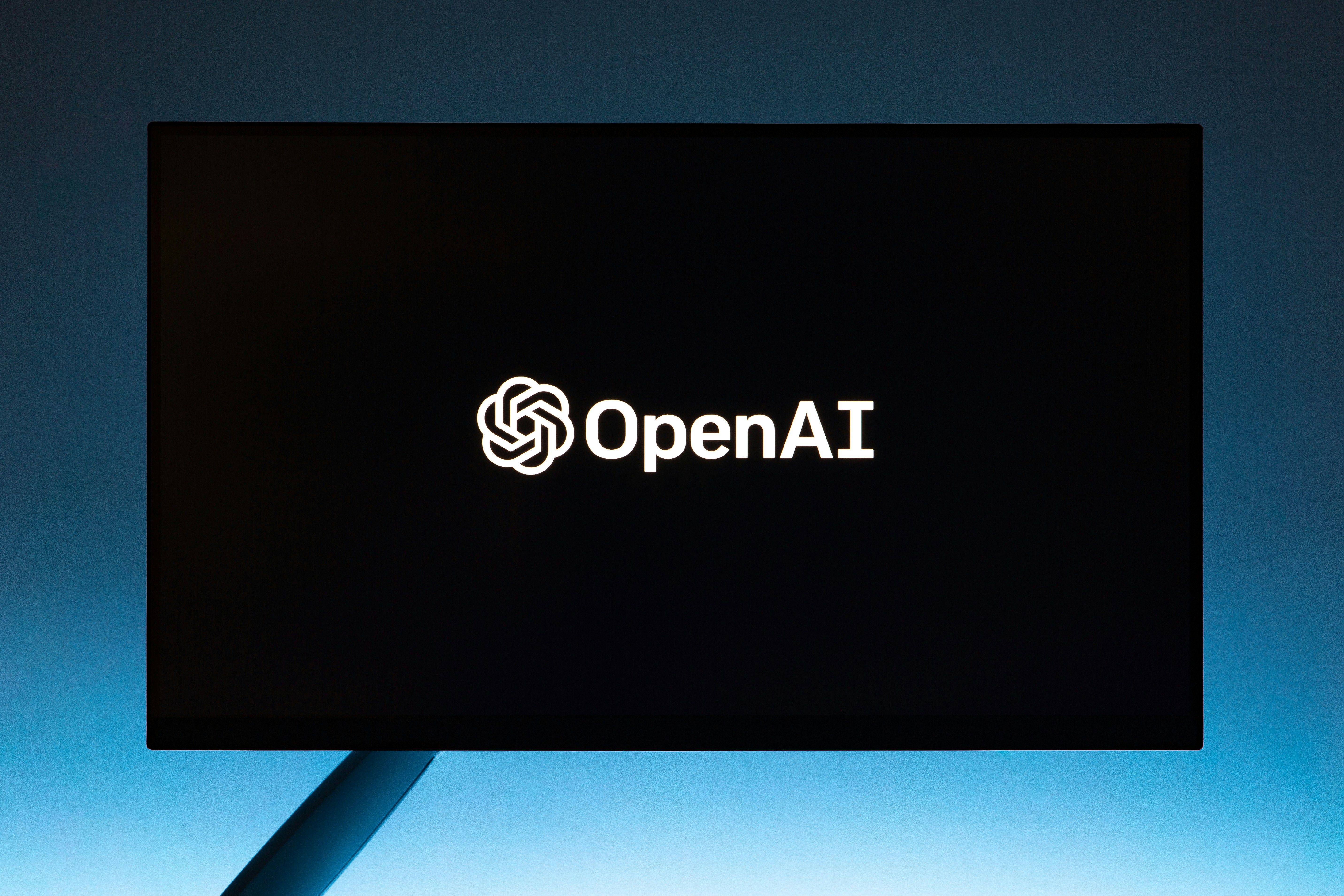(No, you shouldn’t feel ashamed to ask)
Are you one of the many people who feel a bit overwhelmed by the talk about artificial intelligence? Who has heard of ChatGPT, but isn’t quite sure what exactly it can do? And now you’re hearing people around you say that you need to understand it if you don’t want to fall behind and lose everything to your competitors? Then keep reading, because here you’ll get a basic understanding!
The Background
You’ve heard that ChatGPT can write texts and answer questions. That’s true. It’s a chatbot that can generate natural, human-like language and engage in conversations with people because it understands intent and context.
ChatGPT is a so-called LLM (Large Language Model), which can both understand – or recognize – and generate natural language. It can do this because its advanced system has been trained with massive amounts of data and can predict which word or sentence is appropriate in almost any context. Other LLM’s are for instance Google’s Gemini or Anthropic’s Claude, which are based on the same fundamental technology.
What can you use ChatGPT for?
ChatGPT can assist with many tasks in areas such as marketing, communication, creativity, accounting, planning, etc:
- Writing and copywriting: ChatGPT is an excellent helper when it comes to writing different types of text. Whether you need to write an article, a poem, blog post, email, ad copy, or essay, ChatGPT can help generate ideas, write drafts, and improve existing texts.
- Overview and understanding: ChatGPT can help explain complex topics and pull out the key points to summarize long texts. You simply copy the text into ChatGPT and ask it to return the key points.
- Simulating conversations and training: For those working in customer service or social interaction, ChatGPT can be used to train conversational skills. The bot can simulate different types of conversations and help improve communication in professional settings.
- Excel assistance: Finally, there’s help for those who struggle with Excel (or Numbers or Sheets). Just explain what you want to do in Excel, and let the bot write your formulas.
- Coding and programming: ChatGPT is also useful if you're working with programming. It can assist in writing code, explaining programming concepts, finding and fixing bugs in your code, and suggesting ways to improve your program.
- Personal assistant: ChatGPT also functions as an efficient personal assistant. It can help you organize your time, create to-do lists, plan your day, or come up with gift ideas. It can also help set reminders, summarize meetings, or quickly find information.
- Creative development: ChatGPT can brainstorm ideas with you, better your work, help you overcome writer’s block. It can also help you create and develop fiction and fictional characters.

Limitations
While ChatGPT is a powerful tool, it is not without its limitations. The AI doesn’t truly understand the world, and its knowledge is limited to what it has been trained on. This means that it can make mistakes, may not always understand context correctly, and isn’t always up-to-date with the latest knowledge.
How to use ChatGPT
The model has learned to understand context, capture nuances in language, and adapt its responses based on the information provided. To get the best out of ChatGPT, it’s important to be precise and clear in your requests. The more context you give, the better ChatGPT can tailor its responses to your needs. Here are some tips for using ChatGPT effectively:
- Be specific in your request: Provide as many details as possible about the task or question you’re asking. For example, if you need help writing an email, tell ChatGPT who the recipient is, the purpose of the email, and what tone it should have.
- Ask follow-up questions: If you don’t get the answer you expected, or if you want more details, a different tone, another term, or any other change, you can always ask follow-up questions to get new or edited responses that are closer to what you want. And there’s no limit to how many times you can adjust.
- Be aware of ChatGPT’s limitations: While ChatGPT is very skilled, the model is not flawless. It can generate inaccurate or outdated responses. It’s important to always double-check important facts.
Ethics
Additionally, there are ethical considerations in using AI. For example, how are sensitive data handled, and how do we ensure that AI is not used to spread misinformation or harmful content? It’s important to be mindful of how we use AI, and that it’s done responsibly. Read more about ethic considerations here.
 Aimie
Aimie